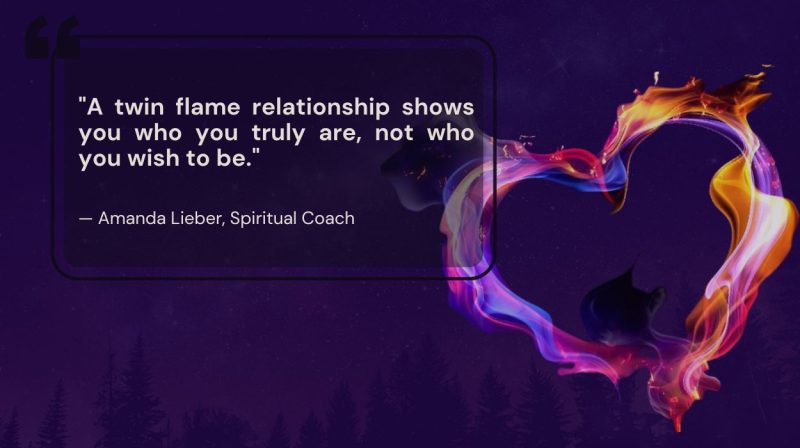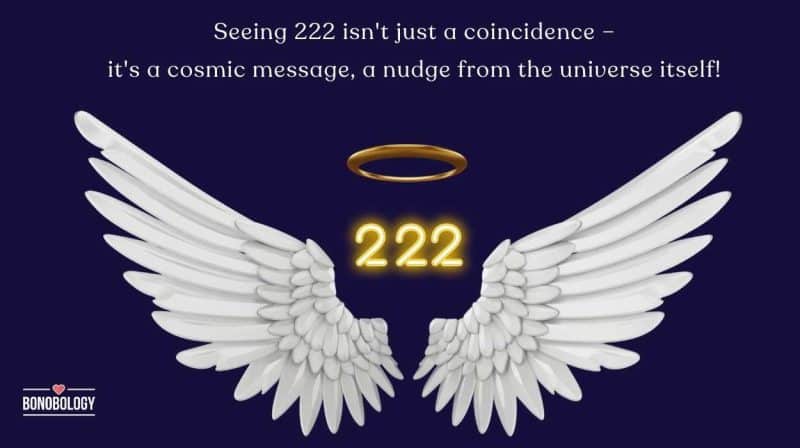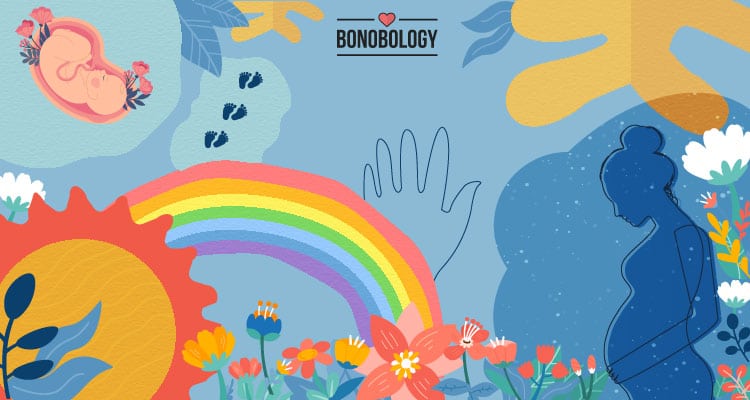Is man inherently incapable of handling women who express their sexuality? Or is he satisfied to find one? Or is he selectively happy, when this is another woman and not his own wife? These are questions that don’t have an easy answer, but certain examples from mythology do reveal a thing or two. The story of Nalayani is one such story, where we see that man is unable to handle it. It is one of the most important rebirth story from epic Mahabharata which explains why Draupadi was pushed into a life of suffering. It was her Karma from her past life.
The sage who wanted to test his wife
Once upon a time, there lived a sage Maudgalya, who was married to Nalayani. For some strange and unexplained reason, the sage decided to test his wife. He developed a debilitating disease (supposedly leprosy) due to which he remained diseased and unable to do anything and would get angry for no reason. Nalayani took great care of her husband and would bear all his tantrums. Nalayani would always eat after the sage had partaken his food from the same plate and the leftovers left by him. Once when the sage was having his food, one of his fingers dislodged from his hand and fell into the food. True to her habit, she took the finger out of the food and ate the food as if nothing had happened. The sage was impressed, but he was not done yet.
One day, he expressed his desire to have sex with another woman, who sold sex for gold. Nalayani sold her gold chain and bundled him in a basket and carried him on her head through the marketplace, much to the amusement and taunts of the onlookers. After he was done, to avoid the comments which might be hurting her husband, she was hurrying back home. In her hurry ,she did not notice a learned sage hanging from the tree for some crime and brushed her husband against him. In anger, the sage cursed her that by dawn next day, she would lose her husband and become a widow.
Related reading: Kannaki, the woman who burnt down a city to avenge her husband’s death
Let not the sun rise at all
When Nalayani reached home, she was angry. She cried out loud to the gods, that if she had been chaste and if she had never failed in her duties towards her husband, then let the power of her chastity not let the sun rise. Then she went about her work.
The next day at dawn Lord Indra noticed that the Sun was not at the horizon. He went out in search to find the Sun hiding behind a mountain, trying to stop his rays from spreading. The Sun said that he did not have the power to go against the chastity of a woman, and he was constrained by the words of Nalayani.
The gods approached the sage who was hanging and got him to withdraw his curse and thus Nalayani’s husband was saved from death.
Maudgalya was also impressed and came back to his young self and told Nalayani to ask for any boon she desired. Nalayani then asked that the sage take five different forms and enjoy her. For many years the two enjoyed sexual pleasures, but Nalayani could just not have enough. A time came when the sage had had enough and decided to go to the forest. But Nalayani was not agreeable to the idea of a life without sex and wanted to know how she could live without him (or sex).
Sage Maudgalya was angry at this insatiable lust and cursed her, that since she had not had enough, in her next life she could continue with five husbands.
Related reading: Lapita, the woman whose love had no space for anything else
And that is why Nalayani was reborn as Draupadi
Saying so, Maudgalya retired to the forest and Nalayani too went to the forest and did penance to appease Lord Shiva. Lord Shiva appeared and granted her a boon. Nalayani asked for a husband, but in her anxiety, she asked for the same boon five times and Shiva accepted it every time. Later when Nalayani realised it, she was worried that the world would find this odd, since she had never heard about a woman having more than one husband and that too all together. Lord Shiva assured her that it was not unheard of, and it was a boon from him, so the world would not see this as odd.

Image Source: Draupadi Fan Page Instagram
Later, Nalayani was born as Draupadi who was married to the five brothers, the Pandavas. Very clearly, Maudgalya was unable to handle the sexuality of the woman and not only did he renounce everything, he is even cursed her for her excessive sexual urges, which had been curbed for a long time because of his urge to test his wife!
In mythology, which is a largely a patriarchal narrative, it is rare to find women characters with a strong sexuality. Draupadi is amongst the few exceptions.
Some women love watching their husbands have sex with others and she was one of them
Your contribution does not constitute a charitable donation. It will allow Bonobology to continue bringing you new and up-to-date information in our pursuit of helping anyone in the world to learn how to do anything.























Traditionally we are a society that upholds double standards. Whether it is as basic as about commitment and responsibility or something as personal as sexual desires; everything is fair for males but there are boundaries for the woman if she wants to be considered a virtuous one.
Often myth is curbed by passing generations, and what comes to us is far digressed from the truth. I don’t know how far validated this tale is. But i remember reading the story of Nalayani when i was a child. It was a book that captured stories of the Satis of ancient India. And both Nalayani and Draupadi was a part of that book. At that point of time i was too young to comprehend the concept of desire or the complex nuances of it. But then i remember what i felt while reading that part where she carried her leprosy-stricken husband on her head to a prostitute on his demand. It was a part of his trial of her chastity, isn’t it? I remember i felt a rage boiling in my heart, even as a child. And now that i read this expanded version of the story, as a young woman, i can’t help but feel the sense of irony involved in the tale. Why can’t a sage who tested his wife by demanding her to take him to the prostitute handle the desires of his wife? And why can’t a woman having strong desire be a virtuous woman? Perhaps, even the history demanded an answer like me. Perhaps, that’s the reason Draupadi stepped from the holy pyre , as a question mark to the so called definition of a virtuous woman. She is the question mark, and she is the answer.
Very well said!
Thank you, Sir. Reading your articles have been a treat to my mind. 🙂
Thanks for writing!! More to come!!
I like this totally human and realistic approach to mythology. Human nature is the same. Just the times they live in is different. That difference is what gives us so many facets, narratives and perspectives of the same simple ‘human nature’
So true!!